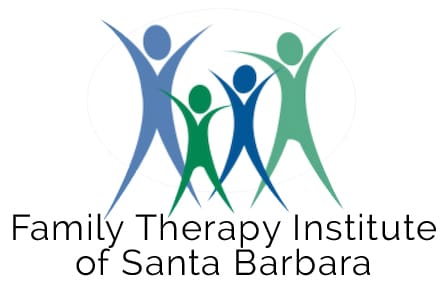Family Therapy Institute has been providing trauma informed care for over four decades with particular attention to generational patterns of child abuse, domestic violence and mental illness. Instead of asking what’s wrong with you, we ask what happened to you.
Trauma can result from a single event or chronic, ongoing experiences like abuse, neglect, or domestic violence. It can significantly impact an individual’s emotional and psychological well-being, affecting their thoughts, feelings, behaviors, and relationships. Post-traumatic stress disorder affects approximately 3.6% of adults in the US. It involves persistent, frightening thoughts and memories of the event, sleep problems, feelings of detachment or numbness, and being easily startled.
Our first priority in therapy is to create a physically and psychologically safe environment, building and maintaining trust through clear communication, consistency, and appropriate boundaries. We support you as you regain a sense of control over your life and a voice in your treatment decisions. We recognize and address the impact of cultural, historical, and gender-based trauma.
Treatment Approaches.
Psychological treatment can help someone out of the emotional depths of depression and keep them from becoming depressed again. Therapy sessions are used to teach strategies designed to help people better cope with negative thoughts or process difficult experiences. Seeing a therapist regularly can also provide valuable emotional support and help to find out what is causing the depression. We can offer clients a wide range of specific interventions including EMDR, trauma based Cognitive Behavioral Treatment (CBT), somatic experiencing, exposure therapy and ketamine-assisted psychotherapy (KAP) based on a thorough assessment.
Psychological treatment can help someone out of the emotional depths of depression and keep them from becoming depressed again. The therapy sessions are used to teach strategies designed to help people better cope with negative thoughts or process difficult experiences. Seeing a therapist regularly can also provide valuable emotional support and help to find out what is causing the depression. This often involves including significant others in the counseling.
